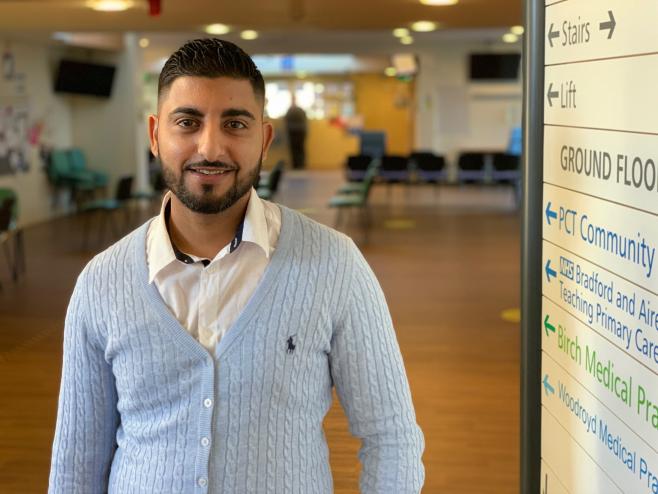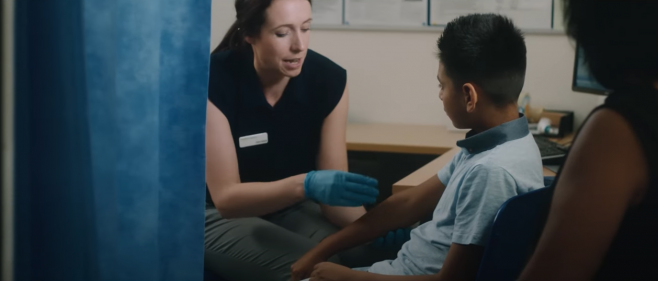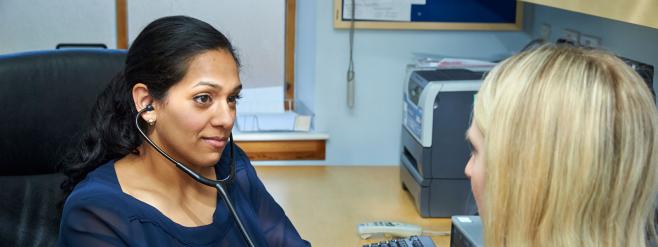Additional training time for GP trainees
GP trainees have a period of additional training time should they need, in line with other specialties and to reflect the unique challenges of the GP training programme.
With effect from 31 January 2018, extension to training increased to 12 months with a further 6 months exceptional training.
Further details, and how this might affect individual doctors can be found in the revised 7th edition of “A reference guide for postgraduate specialty training in the UK” (known as the Gold Guide), paragraphs 4.78 - 4.80.
The GP International Induction and Return to Practice Programmes
Whether you have NHS experience or not, the GP International Induction Programme (IIP) and Return to Practice (RtP) programmes are designed to provide a safe, supported and direct route for qualified GPs to join or return to NHS General Practice.
Details of each programme are outlined on the GP National Recruitment Office (GPNRO) website
National #ChooseGP campaign
Further information can be found on the GP National Recruitment Office (GPNRO) website.
Applications for GP specialty training are open three times a year for foundation year doctors, anyone wanting to switch from other specialty training programmes, trust grade doctors and consultants.
Promoting GP in your area
You are free to use any of our marketing materials. These resources have been developed and approved by GP and NHS representatives, branded NHS for wider use.
Click here for our Choose GP video playlist including our peer to peer sessions with GPs in conversation with other practice colleagues or listen to each one on our podcast channel:
- Dr Amir Khan and Clinical Pharmacist Iram Riaz's podcast
- Dr Sandy Khosla and Advanced Nurse Practitioner Julia Taylor's podcast
- Dr Elvis Martinez and Physician Associate Eunice Ashley's podcast
Access our Animated FAQ playlist here or access our Animated GP career path playlist here
Marketing materials can be found below:
- Click here for A3 GP Poster
- Click here for A4 GP Poster
- Click here for A4 GP Poster (Editable)
- Click here for A4 Flyer Graphic
- Click here for A4 Flyer Images
- Click here for social media banner
- Download CheeYeen's GP Career Path here
- Download Louise's GP Career Path here
- Download Youssef's GP Career Path here
Any questions? Please email gprecruitment@hee.nhs.uk



